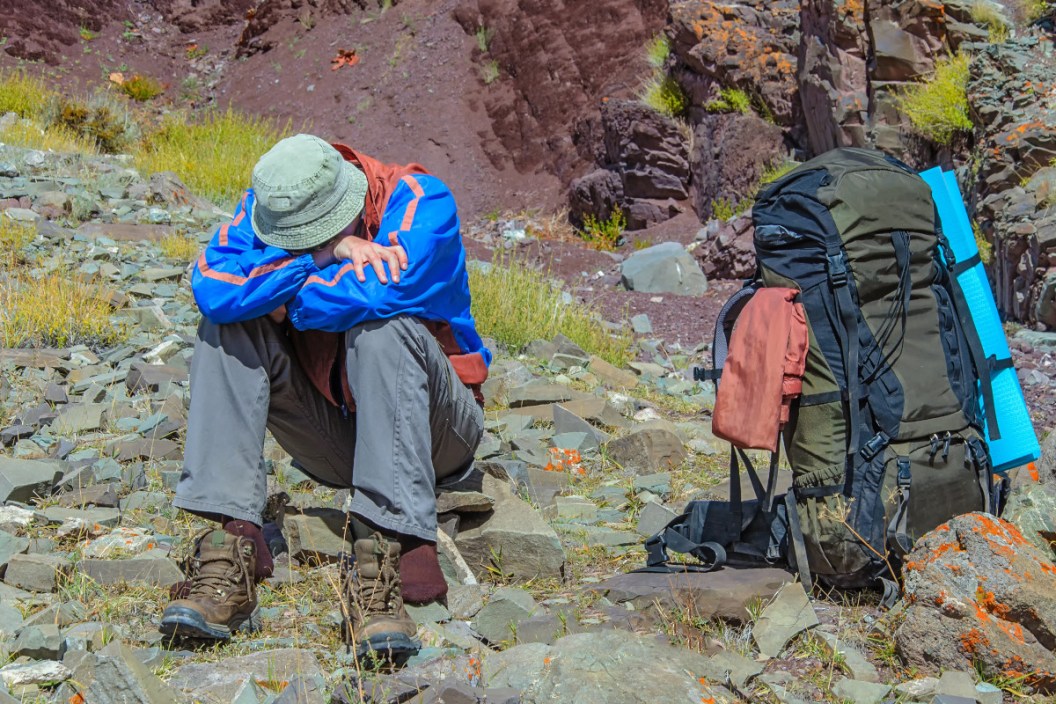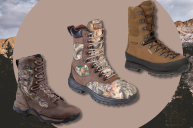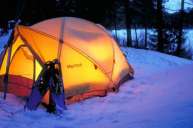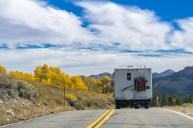When I got to the top of Pikes Peak in Colorado, it was like I'd just been hit by a Mack truck. I felt light-headed, I had shortness of breath, and dizziness like I had never experienced before. Probably because I had never been this far up a mountain before (14,100 feet). I stumbled my way into the gift shop/restaurant at the summit and promptly ordered something to eat and got some water, after that I began to feel better. Eventually I was able to go back outside, walk around, and take in the magnificent views above the clouds. This was my experience with altitude sickness. As I learned that day, the symptoms of altitude sickness are nothing to mess around with. This condition can be quite jarring if you've never experienced it before. My story of visiting the top of that mountain is not uncommon with visitors, and it takes a while to acclimatize to being at elevations of 8,000 feet or more.
We love the mountains, and we have no desire to quit visiting them just because they made us feel awful on a few visits. Fortunately, with a little proper precaution, there are ways to combat this condition and continue enjoying your outdoor activities at the same time.
What is Altitude Sickness?
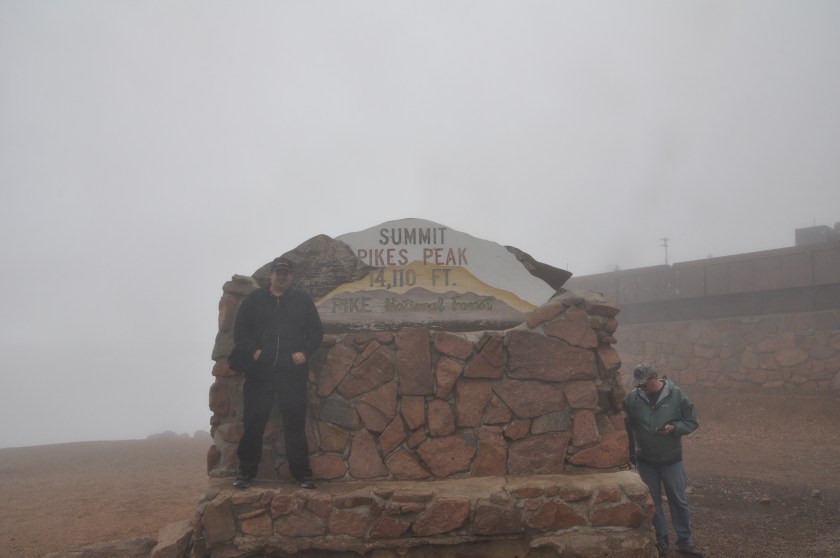
Travis Smola
Like my experience, many people get a rude wake-up call from altitude sickness when traveling to higher elevations for the first time. And it varies from person to person exactly when the lack of oxygen may make them start feeling the effects. The most common symptoms are the ones I experienced: shortness of breath, dizziness, a light head. Oddly enough, I was fine on the drive up. It wasn't until I got out of the Jeep that the symptoms hit me. I've been at elevations over 10,000 feet many times in the past, but it was that extra 4,100 feet in Colorado that seemed to go over the limit for me. Although it may strike people at lower elevations.
The medical term for altitude sickness is acute mountain sickness or AMS. You want to exercise caution when talking about this because AMS can sometimes lead directly to an acclimation of fluid in the lungs (high-altitude pulmonary edema, aka: HAPE) or even high-altitude cerebral edema or HACE, which is a swelling of the brain. In many cases, those last two ailments can be life-threatening.
Basically, altitude sickness is what happens when someone acclimatized to lower elevations makes a rapid ascent to a higher one. Your body is dependent upon oxygen to function and at high elevations, the air is much thinner. Put more plainly, high altitude illness isn't really an illness in the traditional sense. It's your body struggling to compensate for low oxygen levels. The symptoms of acute mountain sickness are going to vary from person to person. But severe cases of AMS can affect anyone regardless of their health of physical condition. Some people liken altitude sickness to a hangover in that it can cause headaches. Some of the other symptoms include loss of appetite, nausea, fatigue, nose bleeds, swelling of the face, hands or feet and an increased heart rate.
When I was on top of Pikes Peak, I experienced the fatigue, weakness and shortness of breath of breath symptoms. Those are relatively mild symptoms, but everyone is different. Some of my friends who were there with me experienced totally different symptoms. Loss of coordination and a feeling of breathlessness seem to be the more common ones you are likely to experience. What you really need to watch for is the signs of severe altitude sickness. If you or someone in your camping or hunting party is experiencing a shortness of breath when resting, an increased breathing rate, wheezing or coughing, fever, severe nausea or vomiting, these could be signs of either HAPE or HACE. Drop what you're doing, descend immediately and seek medical attention. No outdoor adventure is worth ignoring these severe symptoms.
Prevention and Preparation for Altitude Sickness
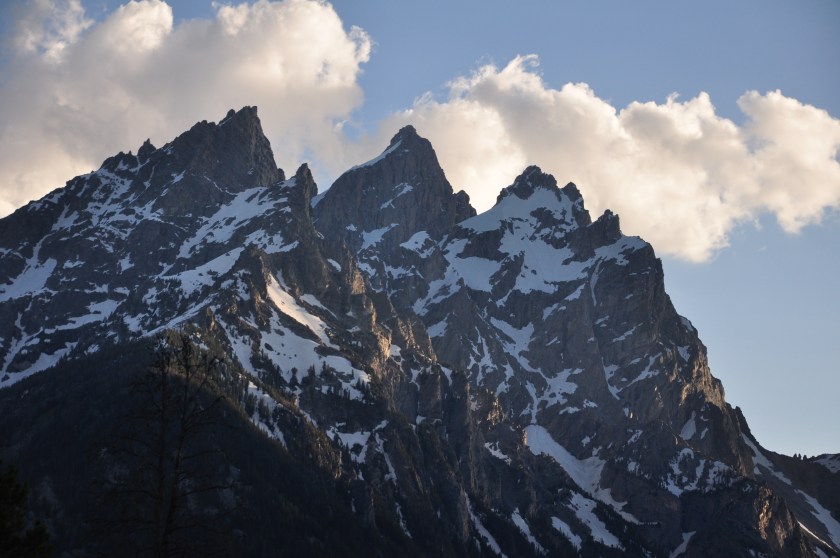
Travis Smola
Fortunately, you can avoid (or at the very least tone down) the unpleasant symptoms of AMS with a little preparation. First off, research the areas you'll be visiting. Are you planning a backpacking trip into the Rocky Mountains? Find out what elevations you'll be experiencing along the way. For instance, if you're going on a backcountry hunting trip for elk or bighorn sheep, you'll want to train for months to get yourself in the best shape possible because these animals, especially the sheep, often climb high up to elevations of 7,000 feet or more!
However, physical condition isn't everything. In a previous job, I was a sportswriter covering an NA3HL hockey junior team in a small Wyoming town with an elevation of around 5,000 feet. Most of the players came in from out of state and were in peak physical shape at 18-21 years of age. I interviewed many players who struggled their first few games until they finally got used to it. That just shows the symptoms can affect anyone. Which is why the head coach told me elevation acclimatization and build-up of stamina was a big focus for new players who had just arrived in town. His favorite drill was making his players jog up the mountain just outside of town, which had an elevation gain of a few thousand feet. Most non-athletes will experience at least a mild shortness of breath around that 5,000-foot mark when doing something strenuous like hiking. Other will begin to experience symptoms around the 8,000-foot mark where the air pressure really starts to drop.
If you're going on a hunting or fishing trip with a guide (something we highly recommend), ask them about the elevation and altitude side effects. Chances are these men and women are totally acclimatized to the elevations themselves, but they've probably had clients in the past who have gotten sick and will have some recommendations on steps to take. Of course, you need to do your part too. Avoid sleeping pills or any other medications that can make you drowsy. We know you're probably on vacation, but experts recommend avoiding alcohol consumption immediately upon arrival at a higher elevation. This is because it tends to dehydrate faster. Save the celebratory drinks for after you've got an animal on the ground, or you've descended the hike!
Speaking of dehydration, this brings us to our next point. Drink water. Lots of it. A loss of oxygen means your body must work harder and it will burn through the fluids it needs to function faster. One big way to avoid symptoms is to book extra days before your outdoor adventure begins. If you're visiting the Colorado Rockies to hunt elk, it's not a bad idea to spend one night in Denver (around 5,000 feet) before you start climbing to higher altitudes. When you do start hunting or hiking go slow and ascend slowly at first. In fact, symptoms are often exacerbated by trying to do too much at once. We know it's hard to not push yourself on day one when you hear that bull elk bugling over the next ridge, but sometimes you need pace yourself, especially high up in the mountains!
Doctor Consultations and Medications
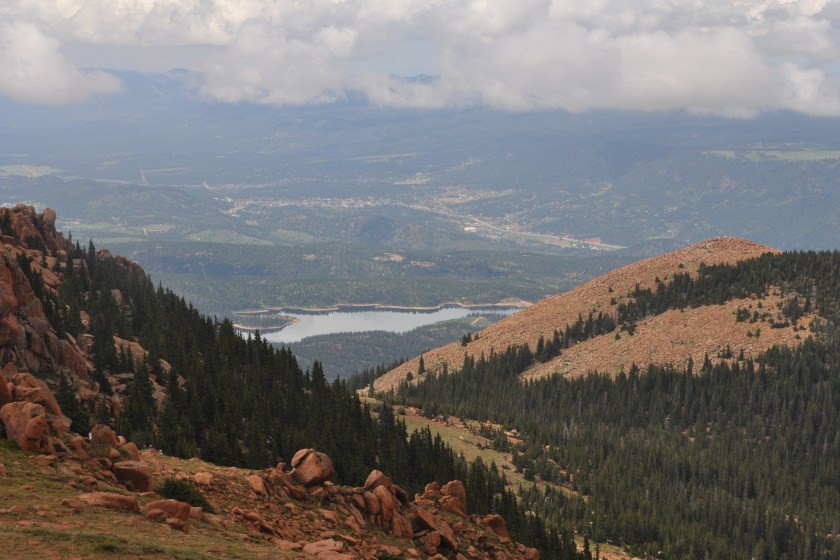
Travis Smola
We know it's inconvenient, but if you're going to be dropping thousands of dollars on the hunting or fishing trip of a lifetime, it's worth covering all your bases. A visit to your health care provider is never a bad idea, especially if you have other medical conditions that may be worsened by thinner air. There's nothing worse than losing a day or more to debilitating altitude symptoms. Or worse, to have to cut your trip short to visit a hospital because you didn't consider all your risk factors. Especially if you've always lived at a lower altitude and have never ventured into the mountains before. In some cases, you can get a prescription for drugs typically used to treat high blood pressure. Some often-prescribed medicines include Nifedipine, Acetazolamide (aka: Diamox) or Paracetamol to treat symptoms. There are also over-the-counter options. You'll get varying opinions on the effectiveness of the store-bought options, but there are now some being offered by outdoor retailers like Cabela's. Look for these medications in the camping section.
Some people like to use simple pain killers like Advil (aka: Ibuprofen). It may take some experimentation to find what works for you, thus why we again recommend a day or two of rest at a higher elevation before your real adventure begins. Trust the medical advice of a professional and you should be good to go. No matter what medication you choose, taking along some is a good idea. These won't take up a ton of room in your pack or tackle box and you'll be glad you have them when the symptoms strike.
Tips specific to camping days at elevation
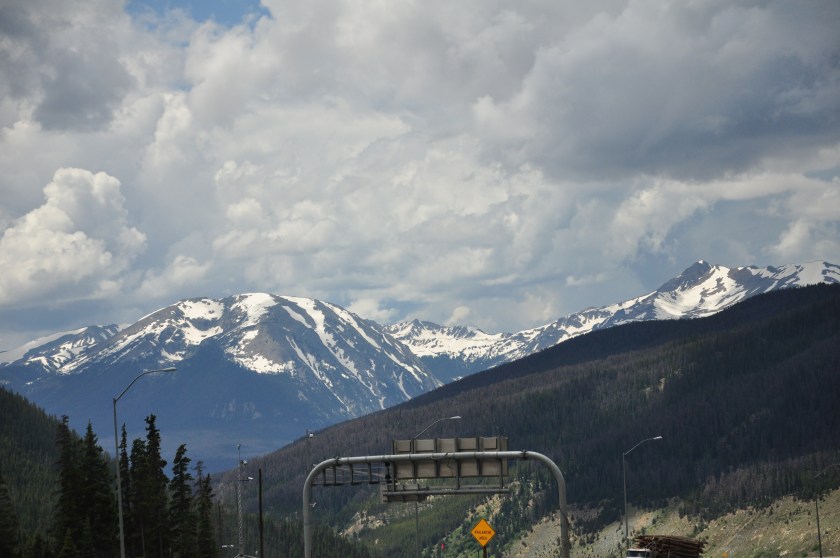
Travis Smola
If you are planning to camp at higher elevations, there are some specific things to do that will help keep your trip as pleasant as possible. Ever wonder why Mount Everest has a base camp? It's for the climbers to acclimatize to the extreme elevation BEFORE they go up. Here in the continental United States, most hiking and camping trips at elevation aren't going to be that extreme and no, you don't need a bunch of supplemental oxygen tanks to go. Although, we did discover supplemental oxygen is for sale on big commerce sites like Amazon. You probably don't need to go that extreme route. Bringing along oxygen is something usually reserved for only the most extreme elevations.
Old-school mountain climbers have an interesting saying to keep in mind when spending multiple days at elevation. It's "climb high, sleep low." What they mean by that is that is to increase your sleeping height no more than 1,000 feet in a day. If you ascend that far, make sure you descend to a lower altitude to set up camp. Again, this just helps with acclimatizing your body to the changes. Speaking of trips lasting several days, hydration becomes extremely important. Bring along quality water purification tools. Water purification tablets and something small like a Lifestraw isn't a bad idea either. Rationing water at elevation just isn't a good idea. You may get too sick to get off the mountain in an emergency.
As I can attest to personally, altitude sickness is quite unpleasant. But by taking some of the precautions we've outlined here, prevention of acute mountain sickness is possible. Remember to use common sense and always err on the side of caution if you're uncertain. Don't try to over-exert yourself and if the symptoms look life-threatening, make an immediate descent. Properly preparing will make sure your high elevation camping, hunting or fishing trip is as pleasant as possible.
For more outdoor content from Travis Smola, be sure to follow him on Twitter and Instagram For original videos, check out his Geocaching and Outdoors with Travis YouTube channels.
